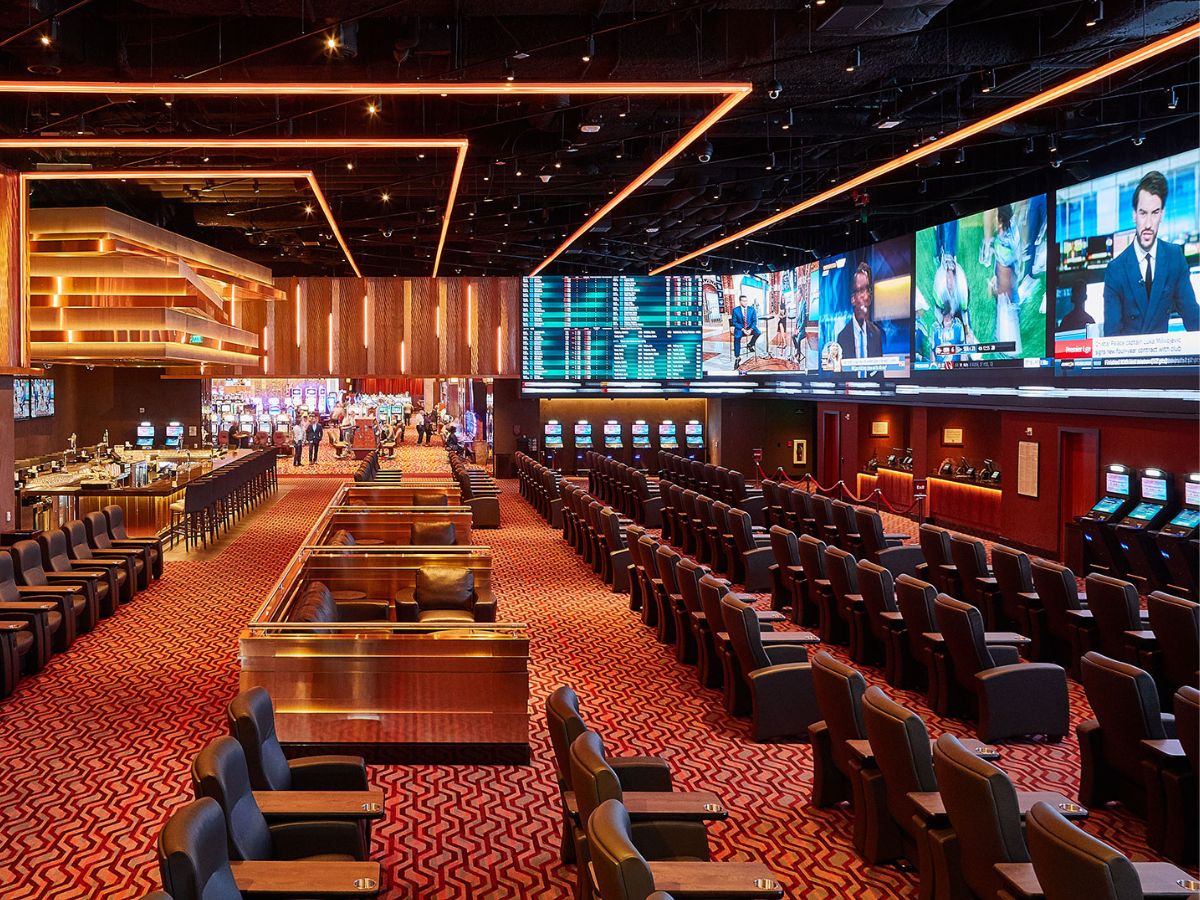
Casino games have long been a engaging entertainment option, drawing numerous of players from different cultures around the globe. W888 From the glitzy casinos of the Strip to the busy gambling halls of the Cotai Strip, these games serve as a common thread that unites people across a variety of backgrounds. The allure of fortune, skill, and uncertainty entices not only those looking to win money but also those in search of a shared experience.
The cultural impact of casino games extends significantly past the gaming floor. They often reflect the social norms and principles of the societies in which they thrive. Games such as seven-card stud, 21, and the spinning wheel have embedded themselves into the mosaic of mainstream culture, influencing various aspects from cinema to clothing. As we explore this intriguing intersection of gambling and culture, we can gain insights into how casino games shape and are shaped by the surrounding world.
Historical Progression of Gaming Games
The beginnings of gambling activities can be traced back to historical cultures, where gambling in various forms was widely performed. In China, around 2300 B.C., a form of gambling known as Keno was well-known, while in ancient Rome, soldiers would regularly bet on the outcomes of their matches. The concept of using chance for entertainment and profit evolved over the centuries, leading to the creation of more structured games. By the final Middle Ages, betting houses initiated to appear in Europe, notably in Italy, which presented early incarnations of famous games still played today.
As gambling increased popularity in Europe, the 17th and 18th centuries saw the appearance of casinos as exclusive establishments for gaming. The initial official gaming venue, the Ridotto, was established in Venice in 1638, featuring activities like Baccarat and Faro. This era marked a major turning point, as gaming venues commenced to draw not just the wealthy but also the expanding middle-tier society. The complexity of activities evolved, leading to the introduction of new regulations and versions that improved the play experience.
In the 19th century, the industrial age and changes in societal norms further changed the environment of gaming games. The arrival of roulette and new gaming machines attracted a broader clientele, and gaming houses became seen as acceptable fun. This period witnessed the globalization of gambling, as casinos expanded from the continent to the Americas, culminating in the creation of the iconic Las Vegas Strip in the 20th century. The development of casino activities has progressed into the current era, incorporating new technologies and online sites, rendering them accessible to a universal population.
# Cultural Importance across Different Societies
Casino activities have significant social importance across many societies across the planet. In Las Vegas, the very essence of the city is woven around gaming venues, where gaming is not just a pastime but a fundamental aspect of social engagement and community interaction. The vivid lights and vibrant atmosphere attract countless individuals, showcasing how casino games can influence local economies and cultural identities. This environment transforms the notion of recreation into an engaging encounter that influences apparel, sound, and even film.
In contrast, some cultures view wagering with greater care, considering it through the lens of morality and tradition. For example, in numerous Asian societies, games like Mahjongg and Pai Gow are rich with history and have significant social meanings. These games are often played during meetings and occasions, fostering collective connections and reinforcing family ties. The act of participating in these games goes above mere leisure, reflecting values such as respect for elders and the significance of communal fun.
Simultaneously, in European countries such as the principality of Monaco and Rome, casino games serve as symbols of wealth and sophistication. The refined atmosphere of these establishments attracts both visitors and native inhabitants, reinforcing a sense of status and elitism. The art of the game of poker and the strategic features of games like banker’s game are esteemed, shaping community relationships and cultivating an attraction that captivates a diverse audience. This emphasizes how games of chance can both reflect and mold cultural attitudes towards hazard, reward, and relationship building.
Financial Influence and Tourism
Casino games play a crucial role in the economic landscape of many regions, particularly those that depend significantly on visitor traffic. The revenue produced from gambling establishments fuels local financial systems, creating employment opportunities not only within the casinos but also but also in related sectors such as hospitality, dining, and entertainment. This influx of tourists, drawn by the allure of gambling and the overall casino experience, stimulates spending across multiple local enterprises, contributing to the economic health of the region.
The presence of casinos often leads to the development of facilities, including lodging, transportation systems, and leisure amenities. These developments are essential in improving the overall visitor satisfaction, making destinations more appealing to visitors. Additionally, many casinos invest in local communities through support of events and charitable initiatives, further embedding themselves into the community structure of the locality. Such investment not only supports economic growth but also cultivates a positive image of the gambling sector.
In addition, the global popularity of casino games drives competitive tourism, with regions vying to attract players from across the globe. Iconic destinations like Las Vegas and Macau have become identifiable with gambling culture, drawing millions annually. This competitive edge encourages innovation and variety within the gaming industry, influencing trends in leisure and accommodation that resonate beyond their borders. The ripple effects of this visitor influx extend far, impacting local economies and cultural exchanges on a worldwide scale.